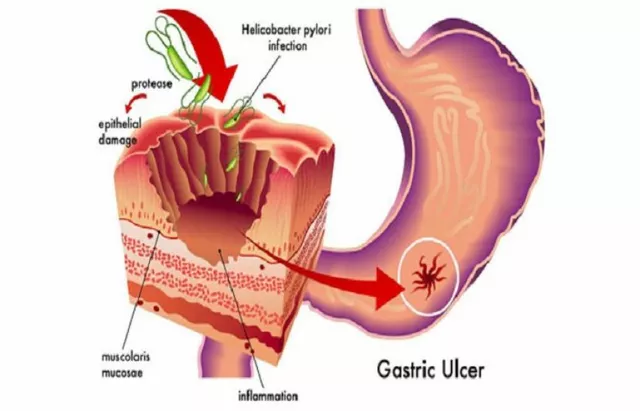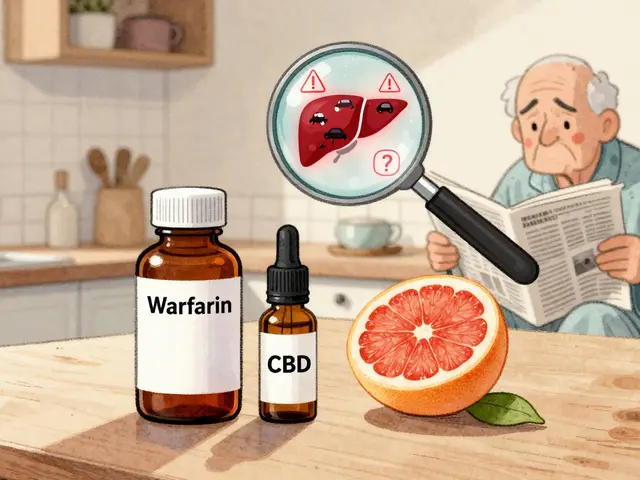Raspberry Ketone: Uses, Safety, and What You Should Know
Overview
Raspberry ketone is a natural compound that gives raspberries their smell. You can find it in amounts in the fruit, but most supplements use a concentrated synthetic version. People take it for weight loss, but the human evidence is weak. Animal and lab studies show effects on fat cells and metabolism, yet human trials are small and mixed.
How does it supposedly work? The idea is that raspberry ketone may increase fat breakdown and raise levels of adiponectin, a hormone linked to metabolism. That sounds promising, but the clinical data doesn’t back strong, reliable weight-loss claims. Small trials show mixed results and don’t prove real, lasting benefits.
Who might consider it? If you’re curious about supplements and want a short trial while following a solid diet and exercise plan, raspberry ketone is an option. It shouldn’t replace calorie control, regular strength training, or getting enough sleep. If you have heart disease, high blood pressure, or take stimulants or thyroid medicines, talk to your clinician first—raspberry ketone can raise heart rate or interact with some drugs.
Safety
What about side effects? Short-term studies report few problems at moderate doses, but long-term safety is unclear. Reported effects include jitteriness, higher blood pressure, and stomach upset. People who are pregnant, breastfeeding, or have serious medical conditions should avoid it unless a healthcare professional okays it.
How much do people take? Labels vary. Typical supplement ranges are 100 mg to 400 mg per day, usually split into doses. Because supplements aren’t tightly regulated, start with the lowest labeled dose and monitor how you feel. If you stop, consider tapering briefly if you notice rebound anxiety or sleep problems.
Choosing a product matters. Prefer brands that use third-party testing for purity and label accuracy. Skip products promising dramatic results or mixing raspberry ketone with multiple stimulants—those raise risk. Read ingredient lists to spot hidden caffeine, synephrine, or other stimulants.
Drug interactions to watch for include stimulants, MAO inhibitors, and thyroid drugs. If you take prescription stimulants for ADHD or weight loss, combining them can raise heart rate and blood pressure. MAO inhibitors are rare but serious—mixing them with stimulants or unusual supplements can cause dangerous spikes in blood pressure. Tell your pharmacist about raspberry ketone and any OTC diet pills or high-caffeine products you use.
If you have questions about dosing or side effects, bring a list of current meds to your doctor. They can help decide if a short trial makes sense. Track sleep, hunger, and mood too — supplements can affect all three daily often.
Want more? Our site covers supplements, drug safety, and buying tips. Search for product reviews, drug interaction guides, and customs rules if you order from abroad. Always use trusted sources and discuss supplements with your healthcare provider before starting anything new.
13
Raspberry Ketone: Supercharge Your Weight Loss Journey
Raspberry ketones, compounds found in red raspberries, are touted as powerful aids in weight loss. This article delves into how these little chemical buddies might help boost metabolism, potentially turning up your body's fat-burning furnace. With insights into how they work and some handy tips, you'll discover if raspberry ketones could be your new secret weapon in your health and fitness arsenal. Read on to explore if this sweet supplement is worth adding to your wellness routine.




